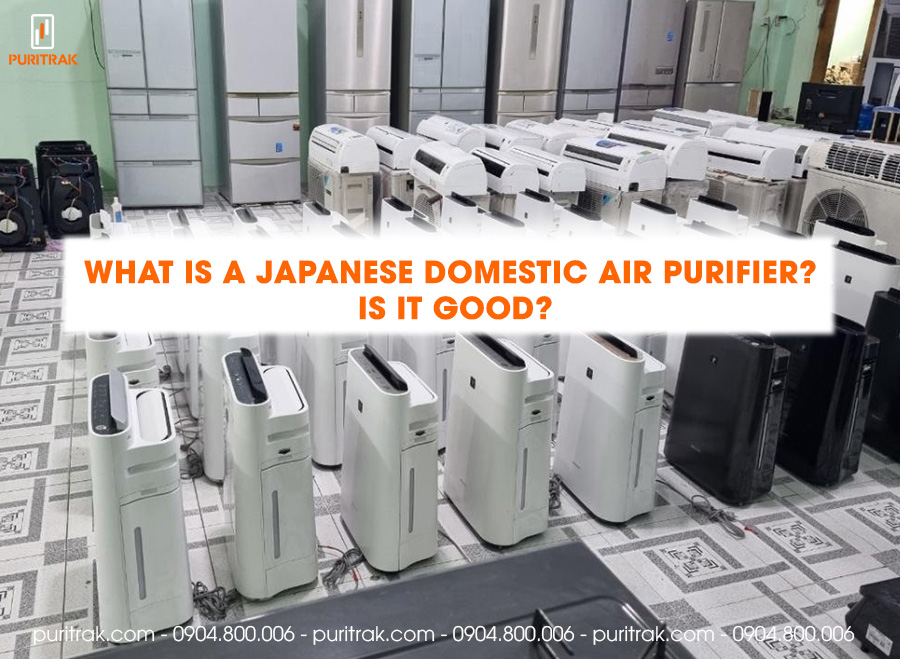
1. What are Japanese domestic air purifiers? Why are they popular?
Japanese domestic air purifiers, also known as second-hand Japanese air purifiers, are devices designed to remove dust particles, bacteria, viruses, unwanted odors, and other pollutants from the air. These air purifiers have been previously used in Japan for some reason and are resold to serve consumers in other markets such as Vietnam.
With the majority of Vietnamese people believing that Japanese products are often of good quality, second-hand Japanese domestic products are always guaranteed for quality and durability over time.
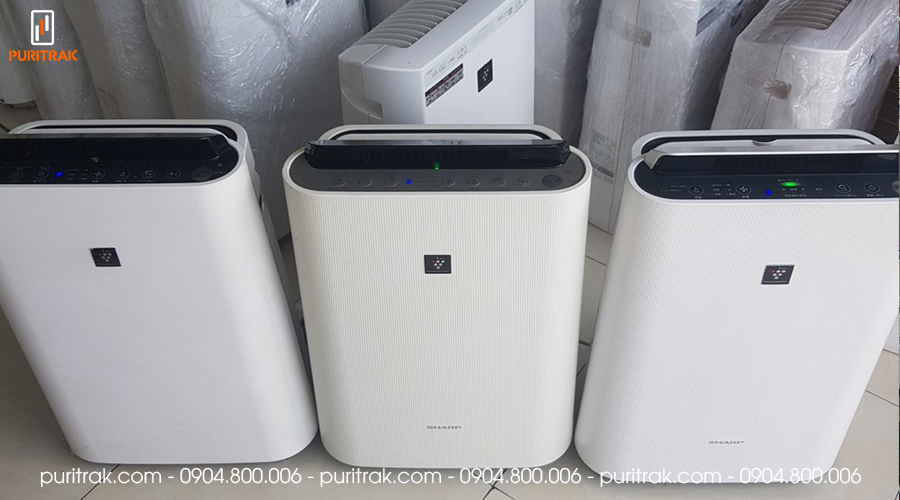
Therefore, despite the availability of many well-known brands of air purifiers officially distributed in Vietnam, second-hand Japanese domestic air purifiers are still widely used by consumers.
See more: Air Purifiers for the elderly: Why is it Necessary?
2. Pros and cons of Japanese domestic air purifiers
2.1. Advantages of Japanese domestic air purifiers
Reasonable price: Japanese domestic air purifiers often have lower prices compared to new ones, ranging from 20% to 70% cheaper than the price of new products with the same features. This helps consumers save money.
Good performance: Japanese domestic air purifiers are usually manufactured with advanced technology and undergo rigorous testing, so they can effectively filter out dust, bacteria, and ultrafine particles in the air, improving air quality in living spaces. When imported to Vietnam, the machines still ensure all the features for users to use optimally.
Variety: Second-hand Japanese domestic air purifiers in the Vietnamese market, although used products, are still diverse in types and capacities, allowing customers to have more choices to suit their needs.
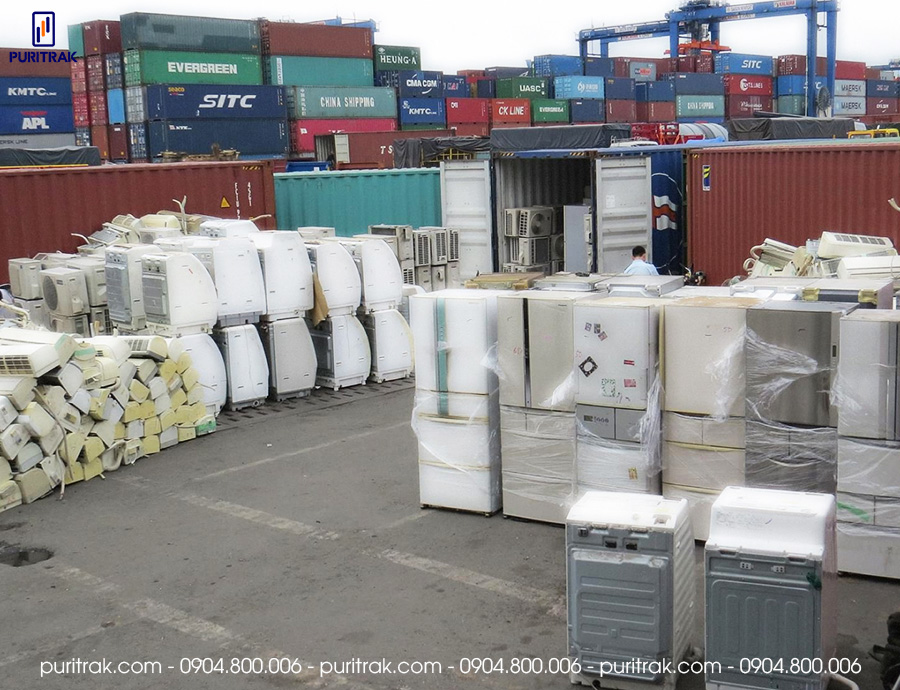
Environmental protection: Buying second-hand Japanese domestic air purifiers means reusing the product, helping reduce waste and negative impacts on the environment.
2.2. Disadvantages of Japanese domestic air purifiers
Limited lifespan: Japanese domestic air purifiers have often gone through a period of use in Japan before being resold. Therefore, their lifespan may not be as long as new machines. There may be risks of malfunctions or component replacement required after a short period of use.
Uneven performance: Depending on the usage and maintenance in Japan, the performance of second-hand Japanese domestic air purifiers may vary. Some machines may still function well while others may have undergone wear and tear and reduced efficiency.
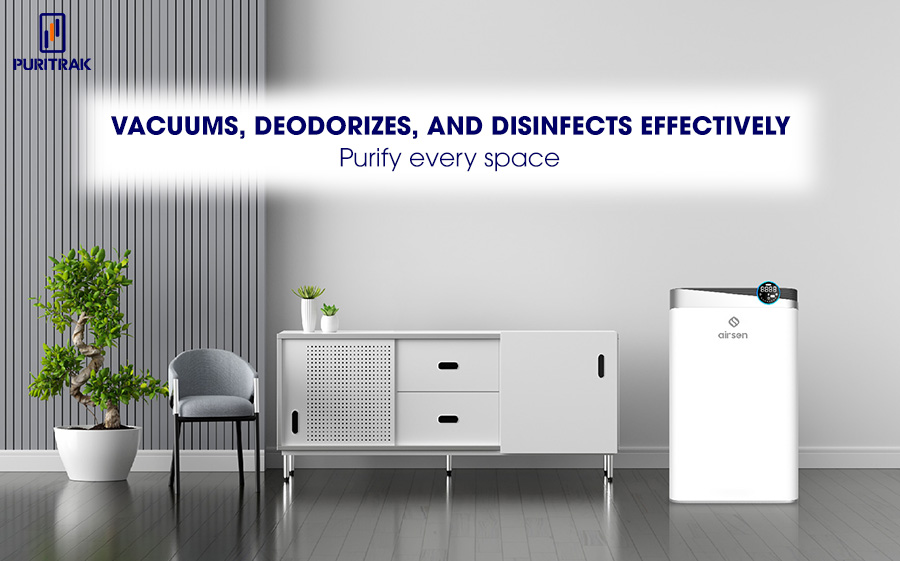
See more : 5 simple steps to clean the air purifier at home
Inability to meet new features: Second-hand Japanese domestic air purifiers may not have the latest features that newer air purifier products often offer. Advanced features such as air quality sensors, mobile app integration, or automatic adjustment capabilities may be missing or limited.
Repair and maintenance: Second-hand Japanese domestic air purifiers may have undergone some level of use and repair previously. This may cause difficulties in repairing and maintaining the product after purchase. Replacement components may also be difficult to find, especially if the machine has been out of the market for some time.
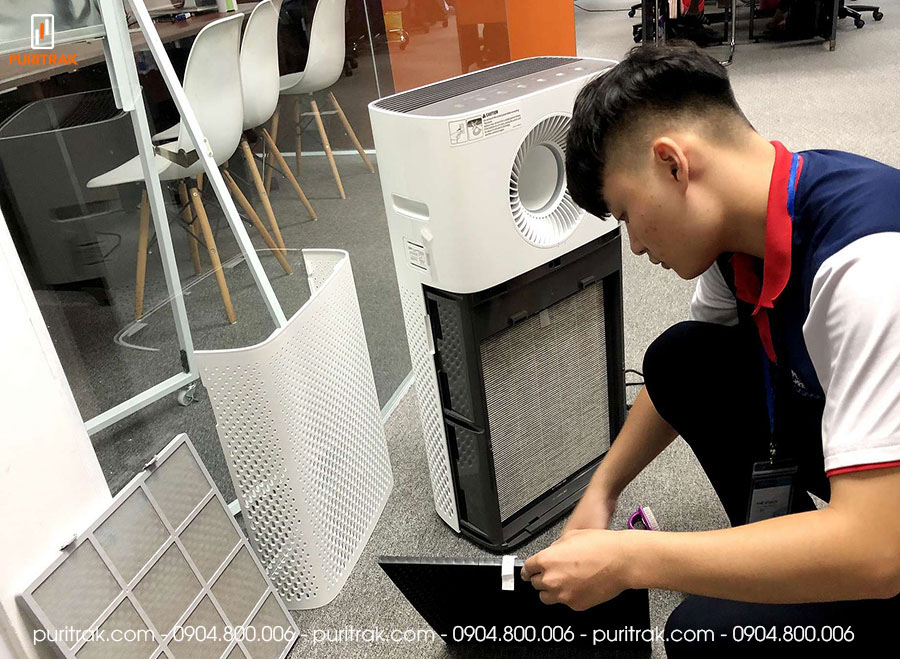
Unclear origin: In some cases, the origin and usage history of second-hand Japanese domestic air purifiers may not be clear. This may raise concerns about the actual quality and performance of the product.
Product operation: Since the product is intended for Japanese users, the control panel on the machine will be in Japanese, causing inconvenience for Vietnamese users, especially those who are new to using the machine. It may take some time to get used to using it.
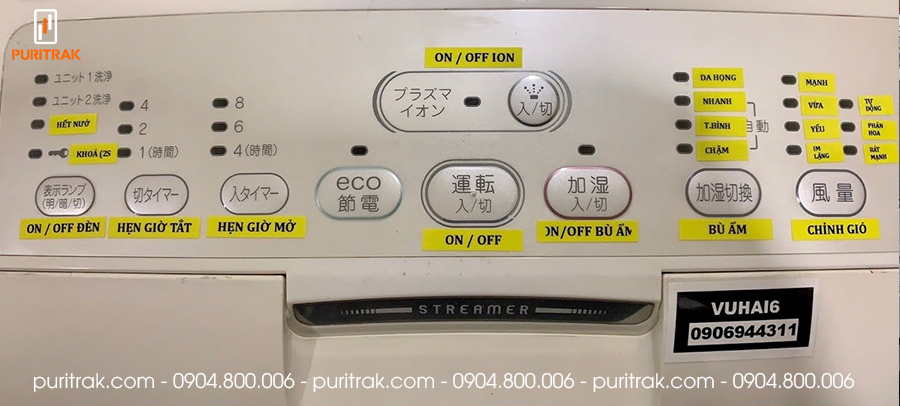
Power usage: Japanese air purifiers mainly use 110V electricity, while the electricity in Vietnam is 220V. When using second-hand Japanese domestic air purifiers, consumers need to equip themselves with a power converter to ensure the machine operates normally.
3. Should you buy second-hand Japanese domestic air purifiers?
Whether to buy second-hand Japanese domestic air purifiers depends on many factors, including personal needs, price rationality, and product performance, as well as the pros and cons that the machine brings. Below are some considerations to help you decide whether to buy second-hand Japanese domestic air purifiers:
3.1. Needs and living environment
If you live in an area with air pollution, an air purifier can help improve the indoor air quality and protect your health.
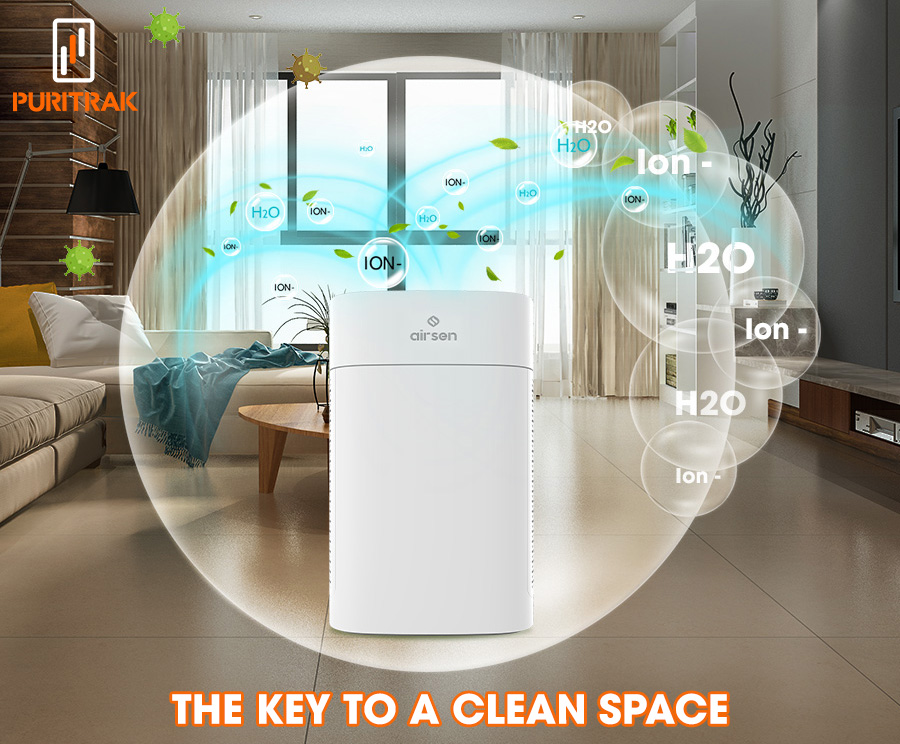
3.2. Price rationality
Compare the price of second-hand Japanese domestic air purifiers with your budget. Used air purifiers often have lower prices than new ones, but you need to ensure that the price is still reasonable for you.
See more: What is Airsen Air Purifiers?
3.3. Features and performance
Identify the features you need, such as the type of filtration system, integrated air quality monitoring, automatic adjustment mechanisms, and other features.
Learn about the filtration performance of the machine to ensure that it can effectively remove dust particles and harmful pollutants.
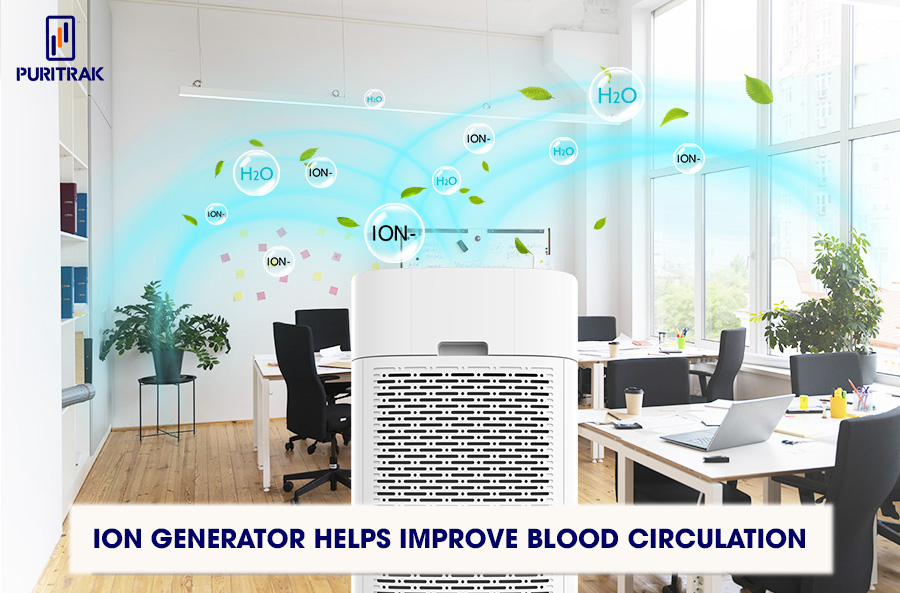
3.4. Compatibility and usage
Check if the machine is compatible with the power supply in your area and whether you need to purchase additional converters. Make sure you can understand how to use the machine since the display language is Japanese, and it will take some time to get used to.
See more : Second-hand Japanese air purifiers: Should you buy them?
3.5. Value for health
Consider the value that second-hand Japanese domestic air purifiers can bring to your health and your family’s health. If it can genuinely improve the air quality in your home, then it is worth investing in.
Therefore, the decision to buy second-hand Japanese domestic air purifiers should be based on your needs, price rationality, performance, features, and health benefits. Consider carefully and research before making a decision.
For information support about air purifiers, please contact the technical department at Puritrak using the information below. They will guide you and address any questions you may have.
Products and services from Puritrak:
- Puritrak Airsen AS488 air purifier
- Puritrak Airsen AS800 air purifier
- Indoor air quality measuring devices
- Outdoor air quality measuring device
- Air quality management solutions (AQM)
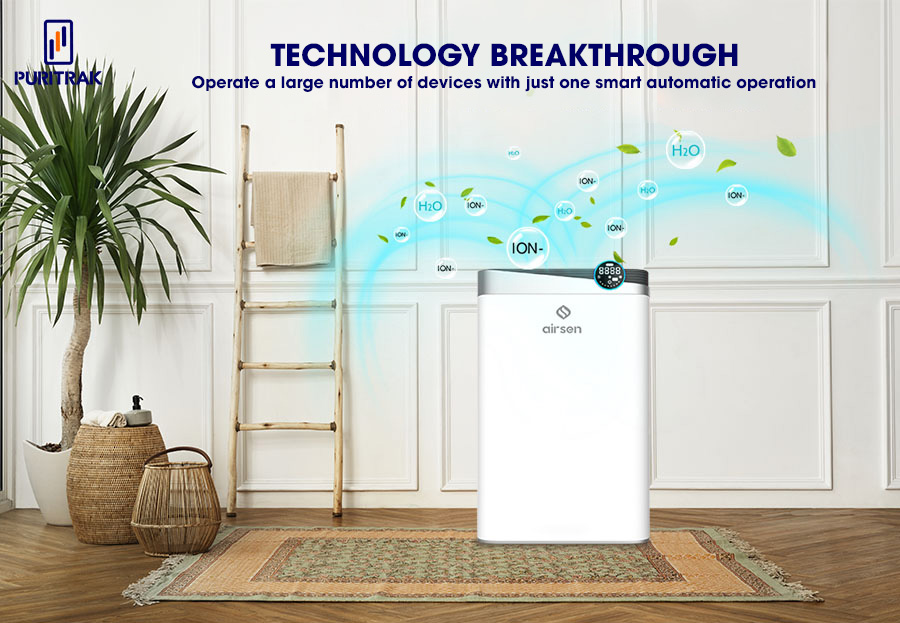
Contact info:
- Hotline: 0904.800.006
- Website: puritrak.com
- Email: [email protected]
- Fanpage: Puritrak




 Tiếng Việt
Tiếng Việt